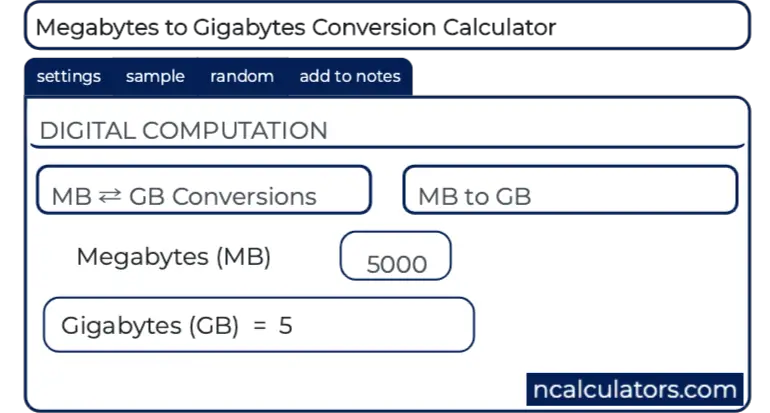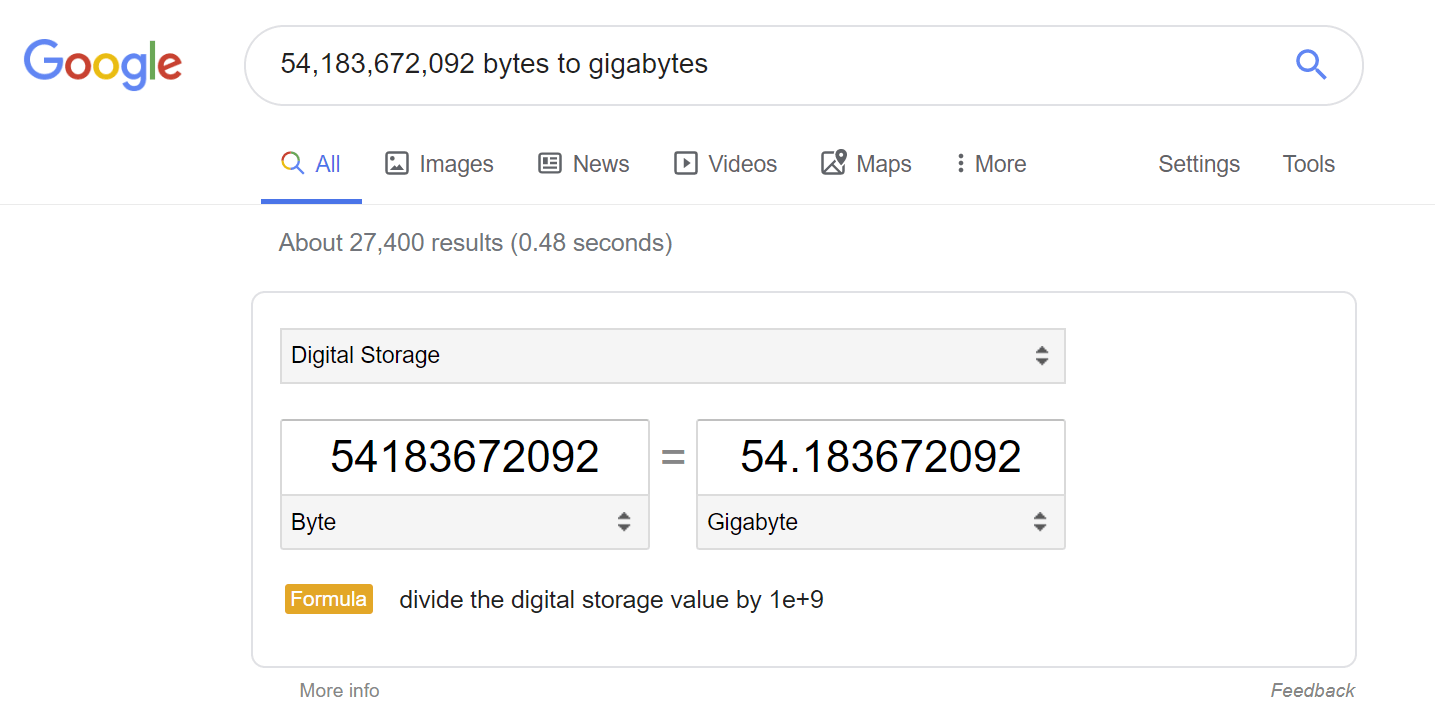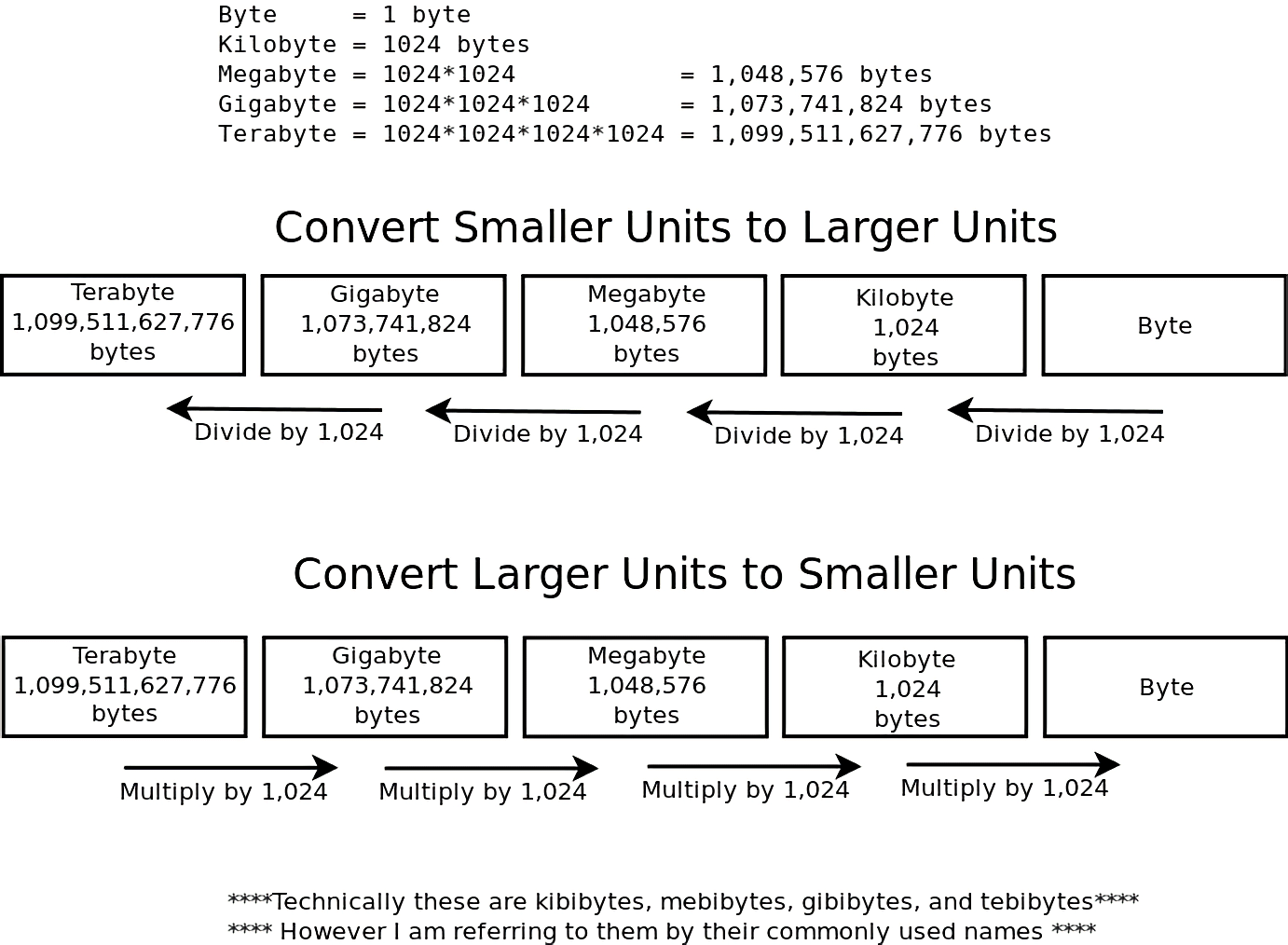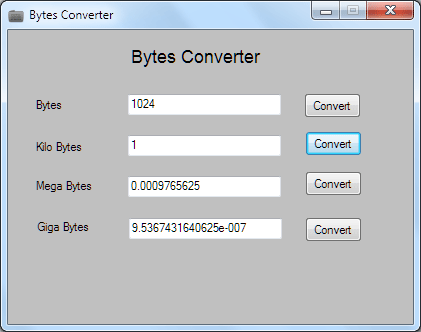

In the early days of computing, a megabyte was considered a lot of data, nowadays, it is not so. This allowed to reduce the number of clients, who complained, claiming that their devices had less capacity than the one that was advertised. So as not to deceive customers, hard disk manufacturers and other storage devices have begun using this recommendation, and equating the megabyte to 1,000,000 bytes. However, the International Measurement System argues that the mega prefix should be used to mean one million. The Megabyte is the equivalent of 1024 kilobytes or 1,048,576 bytes. A kilobyte represents (approximately) the amount of information needed to store this paragraph you just read. However, these new units did not have a great reception by the digital community. To address this discrepancy, in 2000, the IEEE (Institute of Electrical and Electronics Engineers) approved new units of measurement, in which the Kibibyte (KiB) would be 1024 bytes, whereas the kilobyte would represent 1000 bytes. But the term kilo used as a prefix in units of measurement usually means 1000. This difference is related to the fact that the measurement units in computing are based on base 2 multiples (because of the bit). Kilobyte to Gigabyte Conversion Table Kilobyte ġ5 kB = 15 × 9.5367431640625E-7 GB = 1.The Kilobyte is a multiple of a byte unit, the term has historically been used to refer to 1024 bytes (although in some contexts it may also represent 1000 bytes). all store or contain storage space referenced in byte multiples such as kilobytes, megabytes, or gigabytes. Computer files, hard disks, Blu-ray discs, video games, etc. Despite this effort, the gigabyte is still often used to signify either of these definitions.Ĭurrent use: The unit of bytes and all its multiples are used worldwide for data storage.

Prefixes to denote the byte being based on 1024 rather than 1000 were also created, with gibibyte referencing 1024 3 bytes. Because this can be the source of confusion, in 1998, the International Electrotechnical Commission published standards that required the gigabyte strictly denote 1000 3 bytes. There is also however, a binary definition where a gigabyte is 1024 3 bytes. The gigabyte is most commonly understood in terms of its decimal definition of 1000 3 bytes. History/origin: The gigabyte is based on the byte, which is derived from the bit, and is a unit that makes use of SI (International System of Units) prefixes. Gigabyteĭefinition: A gigabyte (symbol: GB) is equal to 10 9 bytes (1000 3 bytes), where a byte is a unit of digital information that consists of eight bits (binary digits). Kilobytes are more commonly used for smaller files like text documents. The new prefixes would be used when referencing multiples of 1024 bytes (2 10), which is the binary definition of bytes used in information technology.Ĭurrent use: Bytes are widely used when referencing data storage, particularly storage media such as hard drives, flash-based storage, and DVDs, though these are more often presented in terms of larger multiples of bytes such as megabytes or gigabytes. The kilobyte kB to gigabyte GB conversion table and conversion steps are.

KB MB GB CALCULATOR FREE
In 1998, the International Electrotechnical Commission defined new prefixes for the byte to be used in addition to their SI (International System of Units) counterparts, with the intent that the SI prefixes would be used when referencing 1000 bytes. Instant free online tool for kilobyte to gigabyte conversion or vice versa. The term byte was coined in 1956 by Werner Buchholz.

History/origin: The kilobyte is based on the byte, which is derived from the bit, and is a unit that makes use of SI (International System of Units) prefixes. Definition: A kilobyte (symbol: kB) is equal to 10 3 bytes (1000 bytes), where a byte is a unit of digital information that consists of eight bits (binary digits).


 0 kommentar(er)
0 kommentar(er)
